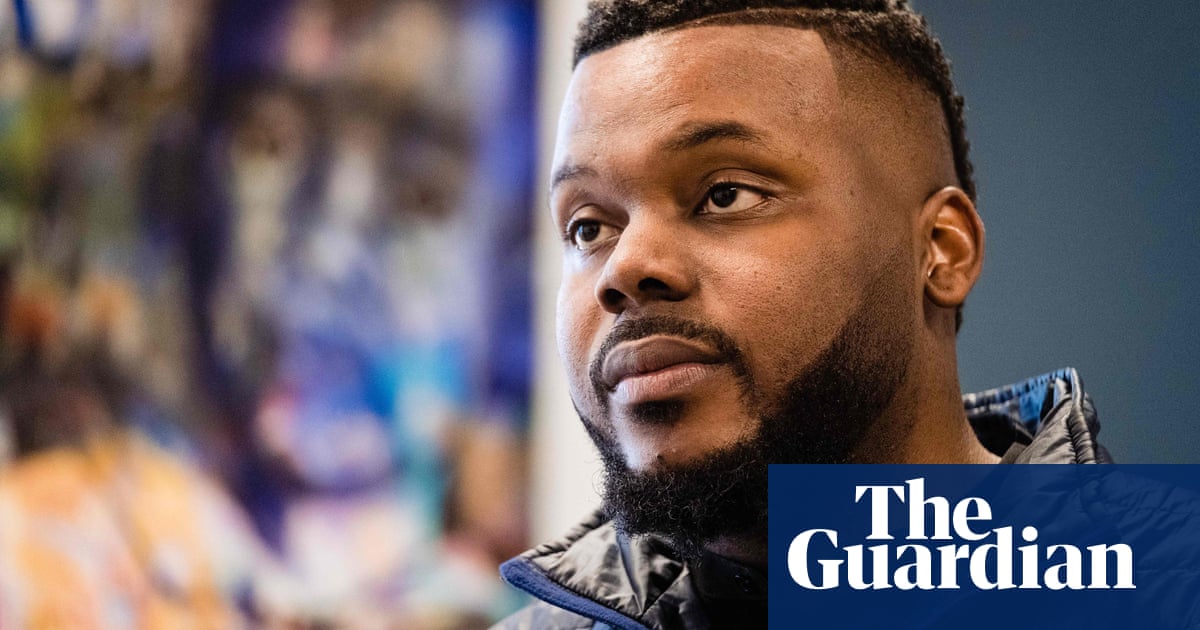
Mayors in nearly a dozen cities, including Los Angeles and Atlanta, are pledging to explore direct cash payments to help residents deal with economic insecurity.
The mayors say it is time to move forward with a policy that Martin Luther King called for during the uprisings of the 1960s: fighting poverty with a “guaranteed income” to make sure that Americans can pay for their basic needs.
“It’s not scary. It doesn’t destroy our country. It doesn’t destroy work ethic. It makes us stronger,” said Michael Tubbs, the mayor of Stockton, California, which launched a small guaranteed income experiment in early 2019, offering $500 a month to 125 residents to spend on whatever they chose.
The coronavirus pandemic and the national uprising against police violence towards black Americans have highlighted the structural violence of America’s deeply unequal economic system, Tubbs said. “Folks are ready for a change.”
Eleven mayors have signed on to the “Mayors for Guaranteed Income” initiative. The group is working with the Economic Security Project, which has funded basic income experiments in Stockton and elsewhere, and is co-chaired by Chris Hughes, a multimillionaire guaranteed income advocate and one of the founders of Facebook.
The cities that have joined the initiative also include St Paul, Minnesota; Jackson, Mississippi; Newark, New Jersey; Oakland and Compton, California; Shreveport, Louisiana; Columbia, South Carolina; and Tacoma, Washington.
It’s not yet clear how much money the cities might hand out, or how many residents might actually receive a check in the near future. The mayors are still working on fundraising for the effort and exploring what experiments in their cities might look like, including how to generate more data that shows the effects of the direct cash payments. But Tubbs said that he hoped cities would be able to take some action on guaranteed income by early next year.
Research data from the pilot in Stockton has provided an early snapshot of what many Americans do with an extra $500 a month: most often, they spent it on food.
The percentage of the guaranteed income that participants spent on food rose to 46% during the early months of the coronavirus pandemic, Tubbs said. The payments also provided a lifeline to a Stockton resident laid off from their job, who was forced to wait two months to actually receive their first unemployment check, and provided support to a small business owner who did not get a federal grant.
Stockton’s guaranteed income payments also help support women who are doing essential care-giving and domestic work that is usually not compensated at all, Tubbs said.
The pandemic has made clear that if any family in a community does not have enough money to be able to stay home from a job if they are experiencing coronavirus symptoms, or to go to a doctor if they feel sick, that puts the health of the entire community at risk, said Melvin Carter, the mayor of St Paul, Minnesota, a city that has already experimented with direct cash payments to residents.
But the mayors’ aim is long-term change, not just a “Band-Aid” over the next few months, Carter said.
“All of the economic vulnerabilities that have been exposed [during the pandemic] are still going to be the case even if and when someone comes up with a cure for Covid-19,” Carter said. “Our goal isn’t to get back to where we were in January. It’s to create a permanent, more resilient US economy.”
St Paul has trialled a direct payment scheme during the pandemic, giving more than 1,200 low-income local families a one-time payment of $1,000 this spring to help them pay rent or feed their kids during the crisis, he said.
But Carter said that St Paul did not currently have money to continue the $1,000 direct payments, even though the pandemic and the economic consequences of shutdown have not stopped. “The cities are in financial crisis,” he said.
Source: US Politics - theguardian.com


